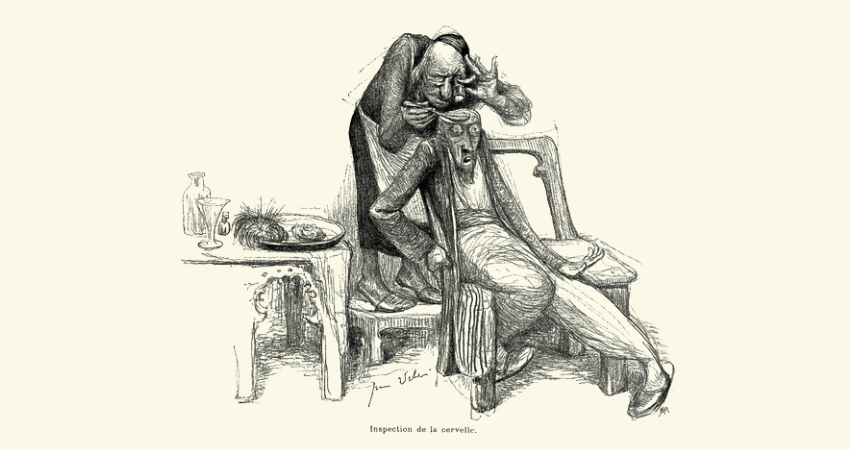Every month I wonder what topic I will address in our “Grassroots Mailchimp” project and I will remind you how important it is that everyone who receives these emails distributes this information to their MPs, MPPs, and others in order to get the questions raised and discussed at every level. This morning I had no idea I would address mental health, organ donations and euthanasia, or indeed a stunning revelation highlighted a couple of weeks ago by Brad Mattes of the Life Institute, ago that organs are being retrieved from people who have not been pronounced dead!
While searching online I came across the above 2023 study from the Netherlands “Organ Donation after Euthanasia in Patients Suffering From Psychiatric Disorders: 1o Years of Preliminary Experiences in the Netherlands”, which sent my antennae twitching. I offer you my thoughts and then leave it to you as to how you observe, this situation, if you, like me discern that this information could very well be dictating an otherwise extremely odd and callous move by our Canadian government, to promote mental illness as a sole qualifying criterium for euthanasia.
In the ten year Dutch study, it was noted under “Discussion” in the graphical abstract that “ODE (Organ Donation after Euthanasia) is more frequently performed in psychiatric euthanasia patients than in somatic patients (3.8 vs 1.1%)….” In a separate study, linked immediately below, it was additionally commented upon that psychiatric patients were also remarkably younger than patients suffering from physical health challenges! The psychiatric patients included those with Personality Disorders, Depression, Autism, Post Traumatic Stress Disorders and Attention Deficit Hyperactive Disorders. I believe it also notable to highlight that only 10% of those people undergoing euthanasia living with a physical health issue, are defined as medically able to be organ donors, however, every person living with a pyschiatric disorder is considered eligible.
“In addition, patients with ODE (Organ Donation Euthanasia) based on an underlying psychiatric disease were 5 years younger than the average population of patients who underwent ODE (48.8 years versus 53.8 years (latter data are not shown).”
https://scholarcommons.sc.edu/cgi/viewcontent.cgi?article=5638&context=etd
One wonders if these dear folks living with mental health problems, might be enticed to give up their life of suffering in a last altrustic action to provide a better life for those requiring organ donation . The Canadian Mental Health Commission reports the following;
“Healthy emotional and social development in our early years lay the foundation for mental health and resilience throughout the lifespan. Yet, 70 per cent of persons living with a mental illness see their symptoms begin before age 18. Mental illness affects some 1.2 million of our children and youth. By age 25, that number rises to 7.5 million (about one in five Canadians)…..” https://mentalhealthcommission.ca/what-we-do/children-and-youth/
Maybe I am seeing something sinister where it is not, but it seems to me that the Canadian Government’s drive toward euthanasia for “mature minors “(an oxymoron if ever there was one!) and those with mental illness, sets up a foundation for a lucrative expansion program for organ transplant donors, who may be easily coerced into euthanasia followed by organ donation.
Dead Before Organ Donation?
On another note, which was raised in an article entitled, “The Stunning Truth of Organ Donation”, by Brad Mattes of the Life Institute, the following was quoted;
“ ’HHS Secretary Robert F Kennedy, Jr. said, “Our findings show that hospitals allowed the organ procurement process to begin when patients showed signs of life, and this is horrifying’ …… Medical decisions may be based upon the financial benefit of the hospital over what’s best for the patient. Organ donation’s lucrative reward for doctors and hospitals is immense.” https://lifeissues.org/news/the-stunning-truth-of-organ-donation/
This information set me thinking again and Alliance for Life Ontario has invited Brad to present to our pro-life leadership and other interested parties regarding this horrendous news from the US. It also had me begin thinking about Canada and what might be happening here. Please join us on September 2nd 2025 at the link below
Topic: The Truth of Organ Donation
Time: Sep 2, 2025 07:00 PM Eastern Time (US and Canada)
Join Zoom Meeting
https://us02web.zoom.us/j/84613615046?pwd=Sf0MzfDuUc3dXbIECutlsysEqoH09a.1
Meeting ID: 846 1361 5046
Passcode: 402425
Organ donation by euthanasia = organ donation that does not adhere to the dead donor rule
If I wanted to make a deeper dive into this, my article would never get read and therefore I will abbreviate my comments and provide links for you to research, but the issues that have been raised by my research include but are not limited to the following;
What does clinically dead mean – does it change when euthanasia and organ donation are involved?
What is Brain Death?
What are the neurological criteria to declare death?
What is Death after Cardiac Arrest (DCD) – what are the criteria?
Is Cardiac Arrest ever induced for organ donation purposes?
Is a Person as dead – after cardiac arrest – as a person that is brain dead – actually are they dead at all?
What are Pre Mortem Interventions before organ retrieval?
Does a person have to be declared dead before organ retrieval?
What are “antemortem interventions? Means before death right?
What is the general waiting period to ensure that a “function will not resume spontaneously”
Is the waiting period different when organ donation is involved?
Quote of the Day: “In contrast, a potential DCD [Donor after Cardiac Death] donor is still completing the dying process but has not been declared dead”
“Interventions to improve donation outcomes can be completed both pre- and post-mortem. However, pre-mortem interventions are more ethically challenging precisely because the individual is still alive. The applicable ethical and legal considerations for living patients are different from those of deceased donors.” YOU THINK?
I know that the pro-life movement has enough on its plate, but I believe there is a real and urgent need to highlight the above issues for public information, discussion and policy.
May God save us all.
Jakki






